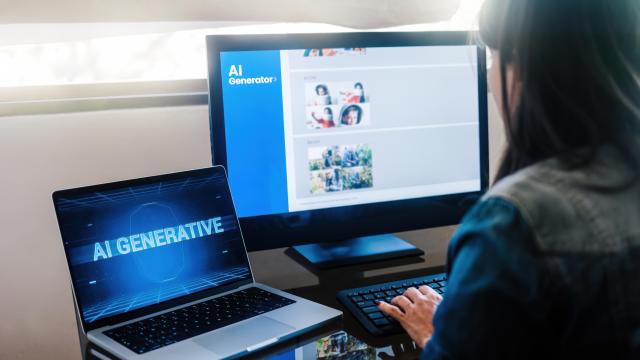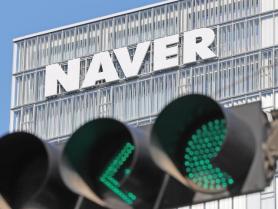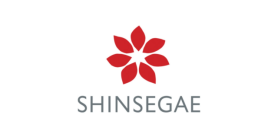
According to a report released Tuesday by the National Assembly Research Service, games that employ generative AI models are likely to be classified as “AI products,” placing them under a regulatory framework that includes strict disclosure requirements and risk assessments overseen by the Ministry of Science and ICT.
The AI Basic Law, enacted earlier this year, requires companies to clearly indicate when AI-generated content is used in their products and to conduct comprehensive evaluations of potential risks. These must be formally submitted to government authorities.
Parliamentary researchers concluded that AI-powered non-player characters (NPCs) with natural language capabilities, as well as games with in-game tools that generate content, would fall squarely within the law’s purview.
Among the most prominent titles potentially affected is inZOI, a forthcoming life simulation game from Krafton that is currently in early access. The game features AI-generated 3D printing, text-to-image functionality, and video-to-motion tools. Planned integration of natural language processing would likely trigger additional compliance obligations.
Even games that utilize AI-generated visuals, music, or graphics during development — regardless of subsequent human modification — could be subject to the law’s provisions.
“Even if generative AI results underwent human revision or editing before being used in games, companies would still need to fulfill their obligations under the AI Basic Law if their game qualifies as an ‘AI product,’” the research service noted.
The legislation mandates that companies clearly label AI-generated material that could be mistaken for human-created content. This includes visual imagery, audio, and video — core elements in modern game development.
The use of widely available tools such as Stable Diffusion, Midjourney, or ElevenLabs’ synthetic voices would likely require additional disclosures, potentially impacting a significant portion of South Korea’s $17 billion gaming sector.
The guidance has sparked concerns across the broader creative industry, echoing apprehensions from film, television, and digital content producers who argue that the regulations could hinder South Korea’s competitive edge in global entertainment markets.
“As AI rapidly transforms gaming, blurring traditional creative boundaries, we urgently need balanced policies that protect rights while fostering industrial growth,” said Kang Yu-jung, a lawmaker with the opposition Democratic Party.
Copyright ⓒ Aju Press All rights reserved.




